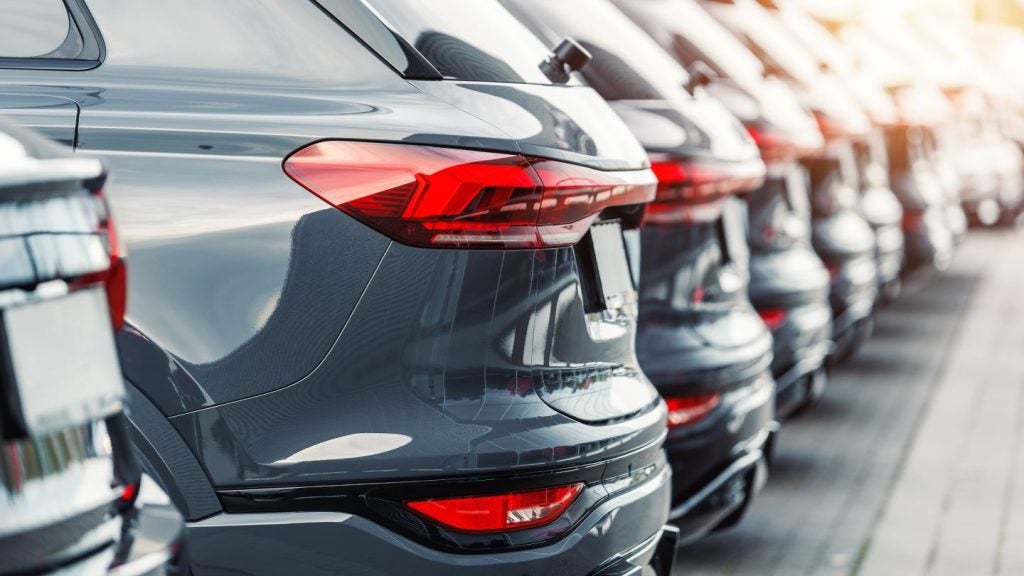
Islamic finance is a growing subsector of the UK’s wider financial services industry. With just under four million Muslims in the UK, there is significant local demand for Sharia-compliant products across all aspects of banking and finance.
Fintech companies have played a significant role in this growth, challenging traditional financial institutions by offering services tailored to specific demographics.
This trend is also evident in the UK’s car finance sector, where there is a rising need for car finance options that adhere to Islamic principles.

Islamic car finance typically involves two products: murabaha and ijara wa iqtina. Understanding these principles is essential for appreciating how Islamic car finance differs from conventional options.
Murabaha
Murabaha, translated from Arabic, means profit. In a murabaha transaction, the underlying principle is the buying and selling of an asset. For instance, if a customer approaches an Islamic bank for financing a vehicle costing £30,000, the bank would purchase the car for £30,000, add a profit margin (say £10,000), and sell it to the customer for £40,000. Ownership of the car immediately transfers to the customer, who then pays the bank over an agreed period, such as five years. The key feature of murabaha is that the bank’s profit is fixed, regardless of whether the customer repays early or late.
Ijara wa Iqtina
Ijara wa iqtina, meaning rent and acquisition in Arabic, is also known as ijara muntahia bittamleek (rent ending in ownership). In this case, the transaction is structured as a rental agreement. Using the same example, the bank would buy the vehicle for £30,000 and retain ownership, renting it to the customer for a set period (e.g., five years). After the rental period, ownership transfers to the customer. If the customer pays off the vehicle sooner, the bank earns less, making ijara wa iqtina a more flexible option.
Applying Islamic principles to car finance
Islamic finance is guided by principles outlined in the Qur’an. One key verse, Surah Al-Baqarah, Ayah 275, states: “… they say, ‘Trade is [just] like interest.’ But Allah has permitted trade and has forbidden interest.” While trade and interest might seem similar mathematically, they are fundamentally different in Islamic finance. Here are some key differentiating factors:
1. Intrinsic value of money
In Islam, money itself does not inherently carry value; it is merely a medium of exchange for goods and services. A transaction must involve an underlying asset or service, unlike conventional interest-based loans where money begets money.
2. Real Economy ties
Islamic finance is closely linked to the real economy. Each transaction is tied to an actual asset or service, avoiding the speculative nature of many conventional financial products. This focus on tangible assets helped Islamic banks fare better during the global financial crisis.
3. Ethical financing
Islamic finance prohibits investments in harmful sectors such as alcohol, gambling, and tobacco. This ethical stance ensures that the financing promotes overall societal well-being.
4. Penalty-free difficulty
Islamic financial institutions do not profit from customers’ financial difficulties. If a customer faces payment delays without valid reasons, the bank may request a charitable donation, approved by the Shariah board, instead of retaining the amount as income.
5. Structured process
Islamic financing follows a structured process. For instance, in ijara wa iqtina, agreements are signed in a specific order: first a request for ijara, then the bank purchases the vehicle, followed by the ijara agreement, and finally, the sale and purchase agreement post-rental period.
6. Risk & reward
Risk and reward are distributed differently in Islamic finance. In murabaha, the bank bears ownership risk for a short period, while in ijara wa iqtina, the bank retains ownership risks, and the customer is responsible for the vehicle’s usage. If an insured vehicle is damaged before pickup, the bank bears the loss, not the customer.
Looking ahead
Islamic car finance is a relatively new addition to the UK’s financial market. However, with the growing Muslim population and increasing demand for ethical finance, it is poised to capture a larger share of the market. Awareness and understanding of Islamic car finance principles will further drive its adoption, distinguishing it from conventional financial products. As the sector evolves, it will likely offer more tailored solutions, meeting the diverse needs of the UK’s consumers.
Abdullo Kurbanov is CEO and co-founder of Ayan Capital
Halal car finance: driving diversity and choice in the UK vehicle financing sector







